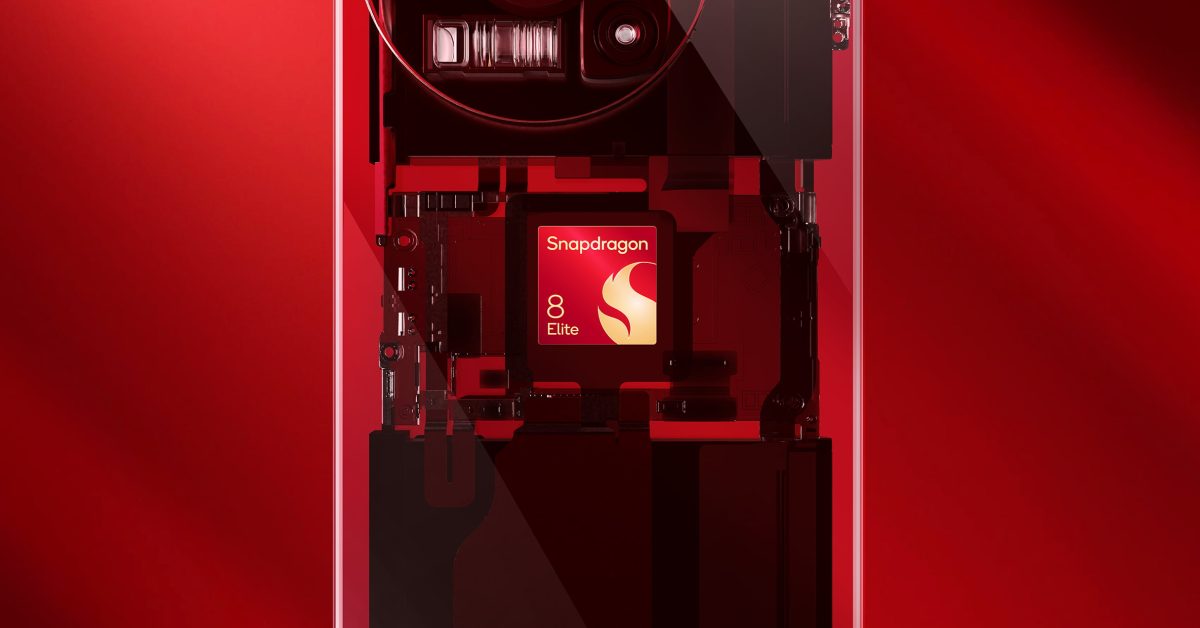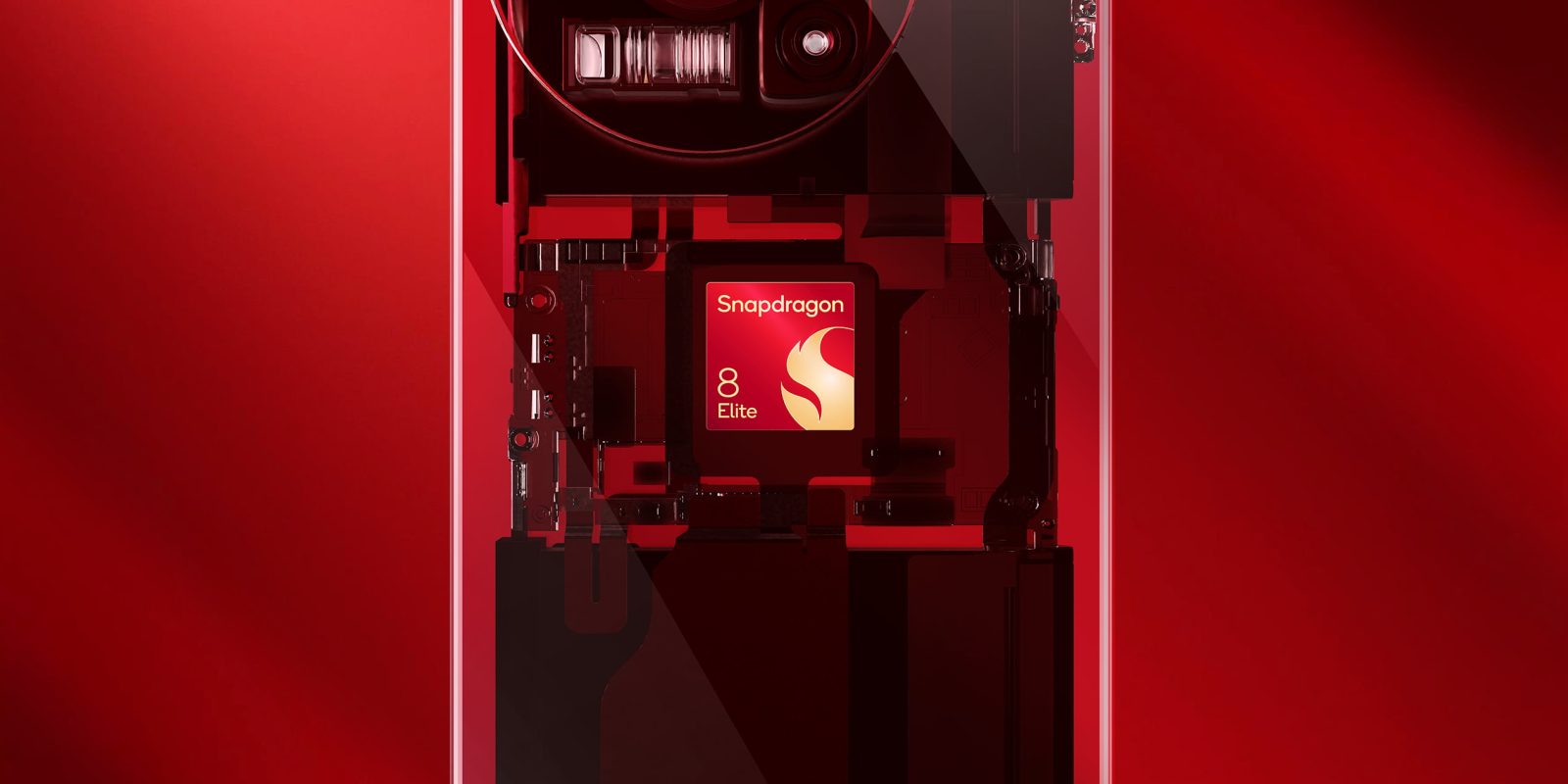

Qualcomm’s Snapdragon 8 Elite looks like a killer chipset, but one of its biggest benefits for future Android phones might end up being in battery life, with some major improvements showing up in early tests.
With today’s reveal of the Asus ROG Phone 9, there’s a new test subject for Qualcomm’s latest chipset. Performance wise, there are no surprises. This chip is clearly a powerhouse, but what’s somewhat unexpected is the impact it seems to have on battery life.
In a new video, YouTuber Dave2D discusses his findings with the Snapdragon 8 Elite as found within the Asus ROG Phone 9 Pro and the OnePlus 13. Both of those devices have bigger batteries than their previous generations – 5,800 mAh for the ROG Phone and 6,000 mAh for the OnePlus 13. However, the battery life gains, at least in testing, are drastically higher than the battery size increases suggest.
The Asus ROG Phone 9 Pro’s battery is just 5.4% larger than the 5,500 mAh pack found in the previous generation. However, when comparing the battery life in a PCMark battery test, the endurance jumped from just over 11 hours to nearly 14.5 hours, an increase of nearly 30%. Meanwhile, the OnePlus 13’s 11% larger battery lasted nearly 17.5 hours in same test, up from 12.2 hours in the OnePlus 12, an increase of over 42%.
Qualcomm claimed power savings of roughly 27% for Snapdragon 8 Elite.
While the OnePlus 13 in this test is a Chinese unit (and it’s not mentioned if the OnePlus 12 it’s being compared to is global or not), these are still dramatic year-over-year increases, and it’s clear the Snapdragon 8 Elite is playing a significant role. The folks at Android Authority noted similar increases in their tests.
Benchmarks are never fully reflective of reality, but with improvements this big, it’s hard to imagine that Android phones powered by Snapdragon 8 Elite won’t find drastic improvements to their battery life. The OnePlus 13 and Asus ROG Phone 9 will likely be the first Snapdragon 8 Elite devices to hit the US market, but Samsung’s Galaxy S25 series will also be using this chip when it debuts next year.
What do you think of these potential improvements?
More on Android:
Follow Ben: Twitter/X, Threads, and Instagram
FTC: We use income earning auto affiliate links. More.






